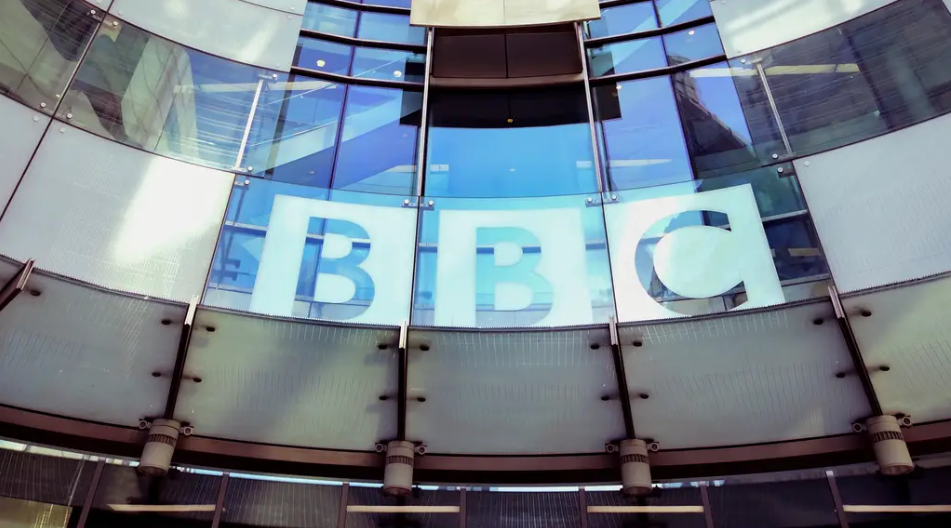
The BBC is to consider a Netflix-style subscription service, or a progressive television tax linked to household income amid reports the TV licence fee could be scrapped under dramatic new government plans.
Last month, Culture Secretary Nadine Dorries revealed the UK Government will be looking at implementing new ways of funding the BBC saving UK households up to £159 each year as the cost of living crisis bites.
Why do we pay a TV Licence fee?
Cost of TV licence 2022
The annual TV licence fee is set by the Government, which announced in 2016 that it would rise in line with inflation for five years from April 1 2017.
In February last year, is was announced the cost of the annual TV licence fee would increase from £157.50 to £159 from April 1 2021.
The cost of an annual black and white licence rose from £53.00 to £53.50.
The UK Culture Secretary said the BBC’s model was “completely outdated” and decisions on any changes would be made “well ahead” of the BBC Charter renewal in 2027.
Her comments have forced BBC bosses into discussing alternative methods of funding as the national broadcaster prepares for a future without the licence fee.
The BBC maintains that the the licence fee remains the best way of funding the corporation but have begun researching alternatives.
Ahead of Nadine Dorries publishing a white paper on the future of broadcasting, a BBC board met to discuss two different models ahead of a view of scrapping the TV licence fee altogether in 2027, according to The Times.
According to reports, bosses discussed a Netflix-style subscription service as well as introducing a television tax linked to household incomes. Government grants are also being considered.
Talks remain at an early stage and it is understood bosses were simply looking at possibilities rather than making a decision on the best way forward for the BBC.
BBC funding under serious consideration as future of TV licence uncertain
Speaking to The Spectator, Dorries said: “We are going to very soon announce that we are going to be looking very seriously about how we fund the BBC.
“We are ready to implement a new way of funding the BBC.
“We’re going to be looking at how Ofcom hold the BBC to account and then very shortly after that we will be announcing other measures that we are going to put into place to start looking at how the BBC will be funded in the future so that we are well in time to have that in place for the Charter renewal.”
The BBC’s director-general Tim Davie has said he would rather produce less content than compromise on quality when considering funding cuts to the broadcaster.







